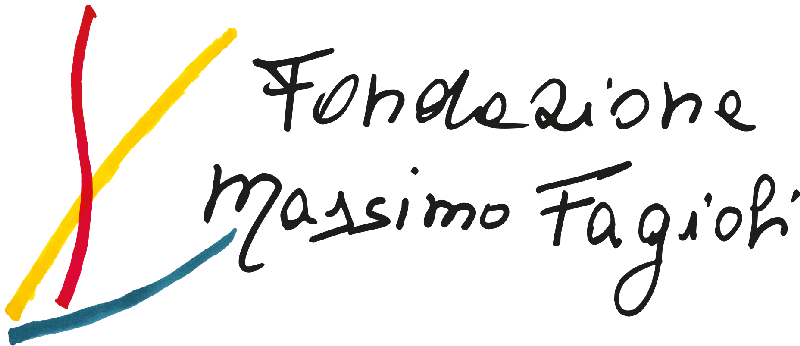In the last few years – as a result of the global health emergency – the psychotherapy requests increased. From the very beginning of the pandemic (March 2020), we all faced the necessity of carrying on the therapeutic sessions already in progress with our patients. At that time, the only solution was to rely on online sessions.
In the last three years, we witnessed an epochal change on our social and cultural life,throughout all the social levels: smartworking, online meetings and even dinners switched to an online experience.
As therapist, we’ve been envolved in this process, althoug we are well aware that psychotherapy and treatment cannot be deeply mixed in the fast social and cultural reality we live in.
This is the main reason to reflect upon the online therapy and its weaknesses and the strenghts.
The strong points: connecting with those who are abroad or who cannot leave home for a period of illness but as well Hikikomori teenagers or newborn mums.
The weak points: loosing the physical contact and the direct observation of the non-verbal language.
Many of us have experimented in online sessions the interpretations of dreams or the dealing with frustrations.
Right away in March 2020 aroused 2 parties: the yes champions and the no ones. Over times,the great opposition of the this two parties softned, particulary in the periodical “Il Sogno della Farfalla”. From those writings we should start to widen the research and clinical data, as a way to figure out new reflections and new points of observation.
As it started an immediate response to a need, today it is becoming a response to a new request.
We cannot underestimate that many people – and for several reasons – are choosing the online therapy. Not necessarly we share and agree this new content but we cannot hide the social, mediatic and cultural impact.
So far this approch is been mostly related to the cognitive behavioral school. It would be interesting to persecute a direction to understand how the “Human Birth Theory” by Massimo Fagioli could be relevant in this new setting but without modify its inner concept and the relationship between therapist and patient.
